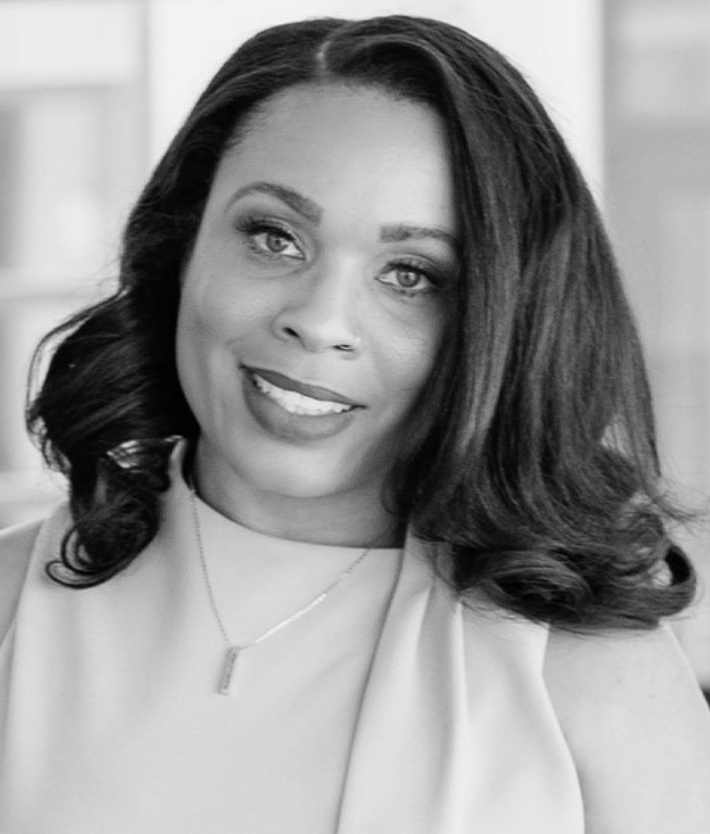[ad_1]
Fathers play a very important position within the wholesome building of youngsters and households. Analysis demonstrates how lively Black fathers are of their kids’s lives as supportive, caretaking, and nurturing folks. The Facilities for Illness Keep watch over and Prevention (CDC) discovered that Black fathers had been extra considering their kids’s day by day lives than different fathers from more than a few racial teams (Jones & Mosher, 2013). But, those males nonetheless face distinctive demanding situations because of structural and systemic obstacles.
“The…CDC discovered that Black fathers had been extra considering their kids’s day by day lives than different fathers from more than a few racial teams.”

Some of the systemic obstacles that Black males face is the misrepresentation of who they’re as fathers and the affect on their kids’s lives. The mainstream societal deficit-based portrayal that has been invented and amplified via tv, radio, motion pictures, and a few scholarly analysis perpetuates demanding situations that Black fathers face. As an example, Dovin Richards, the creator of Daddy Doin’ Paintings shared on NBCBLK (an extension of a web-based NBC supply that elevates The united states’s dialog about Black identification, politics, and tradition) interview mentioned, “Being a Black dad in 2015 is difficult. As well as, to managing infant tantrums, diaper adjustments, and play dates, I will’t assist however realize society’s belief of me.”
Richards replied in some way that implies that along with his standard fathering duties, he’s confronted with the stereotypical dilemmas of being a Black father. Not too long ago, there was a slight narrative shift because of person platforms equivalent to social media accounts, blogs, publications, and organizations on a project to redefine the narrative of Black fatherhood and households. Organizations equivalent to The Dad Gang, Dope Black Dads, and others function an impressive dynamic to dispel many societal myths about Black fathers, but extra paintings will have to be accomplished.
Black males file that televised media portrays an incomplete image of Black fatherhood that is still destructive to their position (Wilson, 2018). They felt the media best portrayed a favorable symbol of Black fathers once they had been being bought on one thing. As an example, when proven an image of a Black father vacuuming the carpet along with his infant underneath his legs, one father spoke back, “You could see Larry on a Cheetos or a Cheerios business.” Sharing the sensation of best seeing sure Black fathers televised when firms connect them to a client advertising and marketing or gross sales pitch.
Communities of colour acknowledge that Black males have so a lot more to supply as fathers than how firms seize their symbol and magnify them within the media. Many fathers have known explicit spaces they wish to see amplified about who they’re on this position.
The second one part of this text will spotlight 3 explicit facets that Black fathers named as lacking from mainstream depictions of them.
Black males are company of their roles as fathers and feature expressed a need for the media to depict them as extra solid each inside their fatherly roles and houses. Such pictures would seize how humble Black fathers are and their super love and recognize for his or her moms, other halves, and youngsters. Additionally, those fathers conveyed the will for the media to proportion the concern surrounding the considered most likely failing their households and, most significantly, the intentional courting that Black fathers have with God.
Black fathers proceed to have an important sure presence of their communities, and proportion their need for the media to seize how considering communities they truly are. Whether or not or not it’s supporting native companies, group marches, or enticing in social fathering actions, Black fathers are entrance and heart.
Fathers shared that the trained Black guy isn’t depicted on tv, and so they must be proven extra incessantly enticing in tutorial actions with their kid. Moreover, Black fathers file that their sacrifices to be part of their kids’s lives don’t seem to be at all times represented, particularly given the original demanding situations Black males enjoy because of institutionalized racism. Those males additionally shared one of the crucial distinctive hindrances they have got had to triumph over to be part of each facet in their kid’s existence, together with faculty purposes and physician appointments.
Regardless of the damaging narrative incessantly instructed about Black fathers, they’re very lively of their kids’s lives and take pleasure in being a mum or dad. On this article, I, the creator, made the intentional effort to not title any of the stereotypical myths to cut back the perpetuation of associating such erroneous and deficit-based pictures with Black fathers.
We will have to proceed to magnify who those males really are by way of difficult erroneous descriptions and pictures of Black fathers and inspiring sure portrayals which can be extra in alignment with who we all know as our fathers, stepfathers, grandfathers, uncles, cousins, and pals. Listed here are a couple of tactics to counter the present narrative and inspire sure portrayals of Black fathers:
- Practice social media accounts, blogs, publications, and organizations on a project to redefine the narrative of Black fatherhood and households.
- Reshare publications and magazines that seize correct depictions of Black fathers and households.
- Give a boost to sure imagery of Black fathers equivalent to paintings or books.
- Enlarge sure traits about those males.
- Ask your native library, book shop, and college to inventory their stock with sure representations of Black fathers; indexed are a couple of books that seize a real depiction of Black fathers. “My Daddy Did it!” “Woman Dad,” “Daddy’s Hands,” or “Simply Like Your Daddy.”

Contributing author
Dr. Lindsey Wilson
Dr. Lindsey Wilson is a extremely sought fairness educator, instructor, printed creator, and speaker at the subjects of race, socioeconomic standing, social trade, and counter-narratives.
She approaches her paintings from a singular place as each a certified skilled counselor and social science physician.
She is dedicated to her calling of addressing racial inequities and serving to others, such as you, establish your position within the trade that the sector urgently wishes.
Dr. Wilson may be the creator of “My Daddy Did It!“

[ad_2]








